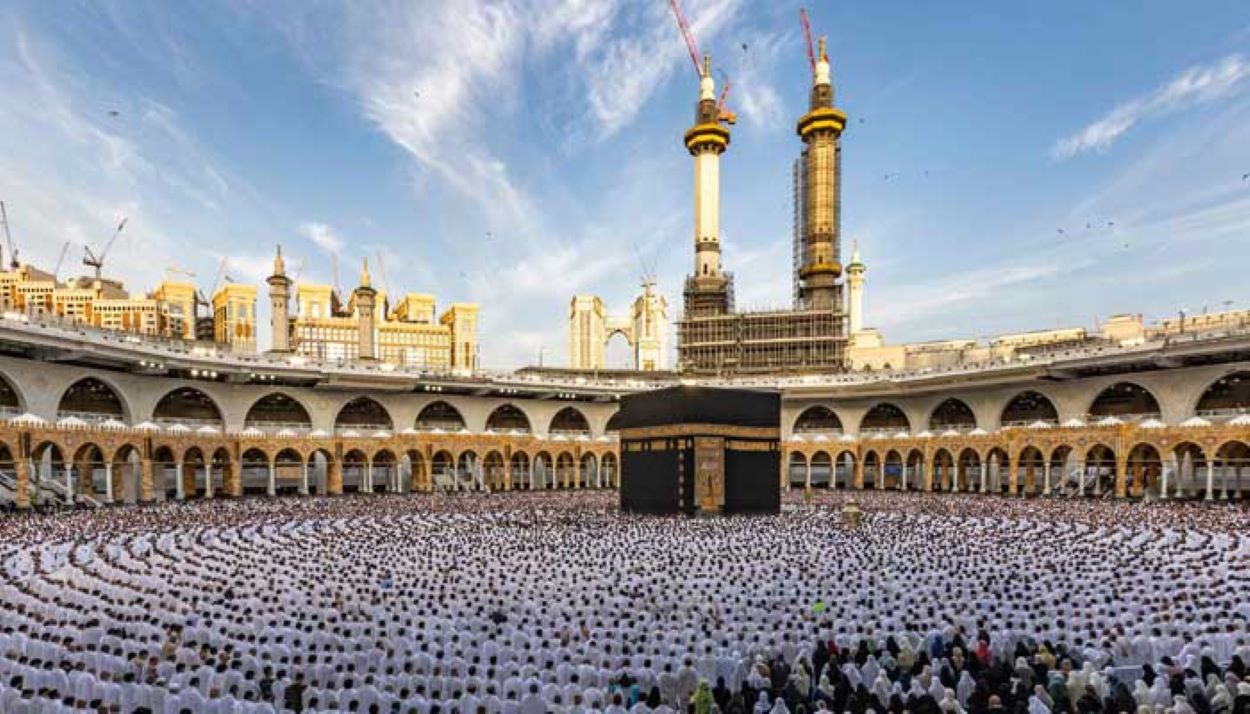Pakistan’s private Hajj operators are teetering on the edge of losing over 77,000 pilgrim slots due to non-compliance with Saudi Arabia’s tightened regulations.
The crisis that emerged on Saturday has prompted Prime Minister Shehbaz Sharif to take immediate action. He has initiated urgent measures to prevent losses and ordered an investigation to identify those responsible for the situation. The stakes are significant for Pakistan’s private Hajj quota, which comprises 89,801 spots.
In 2023, Saudi Arabia revamped its Hajj operations by limiting contracts to large companies that could accommodate at least 2,000 pilgrims. However, Pakistan’s Ministry of Religious Affairs successfully advocated for smaller operators by establishing a minimum requirement of 200 pilgrims for mergers. Despite this, a 2024 advertisement from the ministry seeking new applicants encountered difficulties when operators filed a lawsuit in the Sindh High Court, resulting in a stay order still in effect today.
Guys Pakistanis can't go for Umras/ Hajj to Saudia now!
We are banned and doomed from everything!
😢😢😢😢😢😢😢😢😢😢#TravelBan#VisaRestrictions pic.twitter.com/lSoBDsnCtI
— 𝔼𝕒𝕣𝕝𝕪 𝔹𝕚𝕣𝕕 🇵🇰 (@KhaOmm) April 4, 2025Fast-forward to 2025: Saudi Arabia set a February 14 deadline for Mina bookings. Unfortunately, only 12,500 slots were successfully booked through their portal before it closed, leaving 77,000 pilgrims without accommodations.
Shehbaz Sharif isn’t sitting idle. He’s tapped a three-member panel led by Cabinet Division Secretary, with Religious Affairs Secretary Dr. Attaur Rehman and others to nail down who’s at fault within three days.
Sources indicate that Saudi Arabia has confirmed there will be no extension of the deadline. The agreement made on December 10 with Pakistan’s operators and the Hajj Mission, along with the approval for a fund transfer on January 10, did not impact their decision. The ministry’s requests were unsuccessful. With Pakistan’s hopes for Hajj hanging in the balance, this situation could have significant implications for the future of the pilgrimage.






